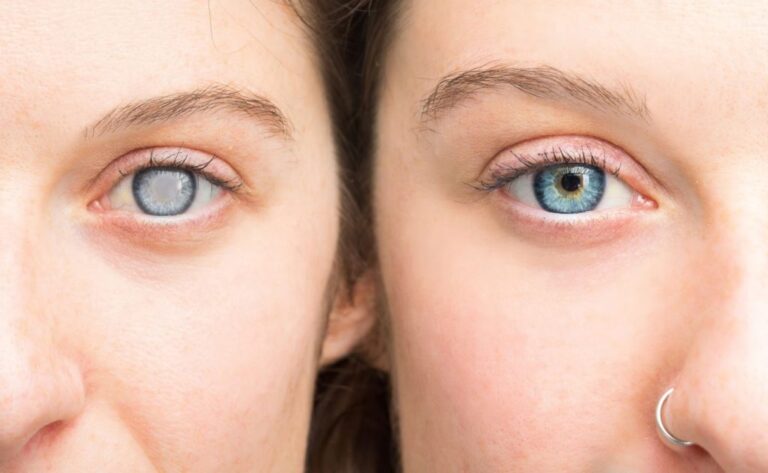Eye Care During the Corona Virus Pandemic

Eyes may be affected by the corona virus infection. Conjunctivitis can even be the first sign of covid infection. Not only the corona virus can enter the body through eyes but discharge from the infected eye can be a potential source of transmission of infection to others. Proper eye hygiene and protection is crucial during this corona pandemic. Unprotected eyes are associated with an increased risk of infection and transmission worldwide.
Covid 19 virus can spread through eyes
Covid 19 virus spreads primarily through droplets from a cough or a sneeze. These particles most often enter through your nose or mouth as well as your eyes. The ocular surfaces and the eyelids have a high risk of contamination and proliferation by corona virus. Some studies show that virus can spread by touching fluid from an infected person’s eyes, or from objects that carry the fluid. It’s important to take good care of your eyes to reduce the risk of the transmission.
Eye Problems caused by Covid 19 virus
Conjunctivitis, that is inflammation and swelling of the conjunctiva. Redness, watering, irritation, pain, swelling, discharge and photophobia are the symptoms of conjunctivitis. Conjunctivitis alone does not usually mean you have infected with corona virus. It can be caused by allergies, other infections and exposure to chemicals. However, if you have fever, cough or sore throat it’s necessary to test for covid-19.
Mucormycosis or Black Fungus is a serious fungal infection that affects our brain, lungs and sinuses. It is usually seen in Covid positive patients who have unhealthy diabetes levels. been given steroids or have had long ICU treatment. It usually presents with blocked nose, blackish discharge around nose, tooth ache or loose tooth, blurred vision, pain and numbness of one side of the face and coughing of blood.
How can you protect your eyes
It is important to practice simple steps to take care of your eyes
Practice eye hygiene
Practice eye hygiene to minimize/reduce the risk, as eyes could play a role in spread and prevention of infection. Don’t touch your eyes with dirty unclean hands and clothes.
Switch to spectacles
If you wear contact lenses, switch to glasses, as contact lens wearers touch their eyes more often, which can increases the risk of infection. Glasses also provide an additional layer of protection by acting as a barrier.
Don’t rub your eyes
Do not rub your eyes. If you must touch your eyes, use a tissue paper instead of your fingers. Use lubricating drops in case of itching.
Wear goggles/sunglasses
Sunglasses may help protect your eyes from any respiratory droplets as you stay outdoors. That may also help keep your hands away from your eyes.
Consult your doctor
If you develop any symptoms related to the eyes, contact your doctor for consultation.
Wash your hands regularly
Wash your hands with soap and water often, if soap and water is not available, use hand sanitizer. Do not use common hand towels.
Wear face Mask
To reduce the risk of infection; use good quality face mask as you step out of your home.
Maintain physical and social distance
To decrease the risk of infection, it is must to maintain physical and social distance. Stay at home and avoid going out as much as possible. Avoid close contact with people.
Clean and disinfect surfaces
Regularly clean and disinfect commonly touched surfaces in your home; viruses can last on surfaces for hours, and so you can reduce your risk of infection. Regularly clean electronic devices and gadgets.
Stay inside, stay safe!




